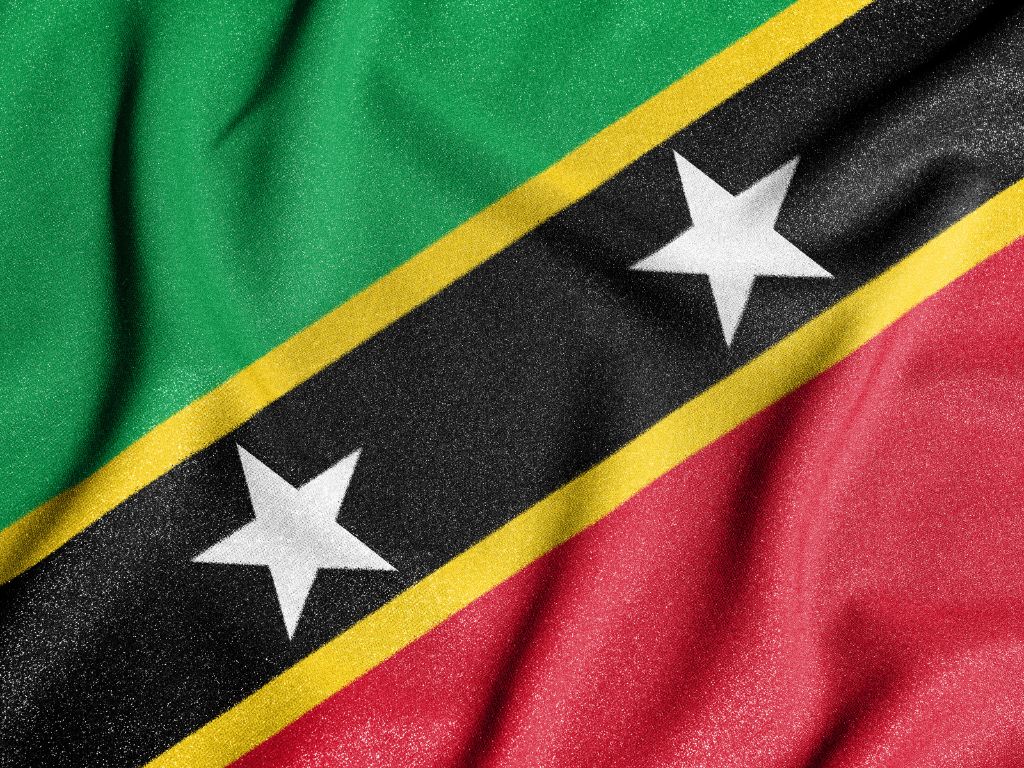- Miami
- Lisbon
- Dublin
- Dubai
- Cebu
Insights
Saint Kitts & Nevis, pioneers in the citizenship by investment (CBI) industry, announced huge changes to their CBI program on July 27th, 2023. The changes detailed affect not only applicants to Saint Kitts & Nevis’ CBI program, but also approved agents acting on behalf of the country.
Saint Kitts & Nevis itself has characterized the changes as necessary toward ensuring “only high net worth investors and people who value the citizenship of Saint Kitts & Nevis” will be attracted to the program.
What, then, are the changes that have been made to the program, and how might they affect future applicants? Read on for all of the details.
Those who have kept their eye on developments in Saint Kitts & Nevis and its CBI program will note that these changes come on the heels of amendments made to the program in December 2022, and may prompt questions as to why they have decided to make more changes so quickly.
The bottom line is that Saint Kitts & Nevis are tightening up their requirements in response to attempts of “illicit actors” who “try to bypass [their] high-end investment and contribution options.” This has required a reassessment of those investment and contribution options, with minimum contributions increasing across the board.
The changes have not been made in a vacuum; Saint Kitts & Nevis Prime Minister the Hon. Dr Terrence Drew has reaffirmed his commitment to “international partners”, which many have taken to specifically mean the European Union, which has reportedly issued strict new guidelines to CBI countries that currently have visa-free access to the Schengen Zone.
The list of requirements is long and detailed, and Saint Kitts & Nevis’ new requirements align almost perfectly with them, demonstrating the Caribbean nation’s willingness to work together with its international partners in order to reinforce the value of Kittitian citizenship and strengthen international bonds.
As noted in the previous article, the EU requested that all countries offering citizenship by investment make a number of changes to their programs. In the spirit of partnership, Saint Kitts & Nevis has radically overhauled its program in a way that meets almost all of those requests.
Let’s take a more detailed look at the changes being made as of July 2023.
One of the trademark methods of acquiring Kittitian citizenship by investment has long been the Sustainable Growth Fund – often abbreviated to ‘SGF’. This has been changed to the ‘Sustainable Island State Contribution’ (SISC), which replaces the SGF in its entirety and is now the only way to apply with a one-time donation.
The SISC has been instituted in order to further improve the lives of Kittitians via the donations received from high-value investors. The funds generated will be used to:
What does this mean for you? The bottom line is that the minimum donation has increased significantly, and is now double that of the now-defunct SGF donation amount.
This means that if you’re a single applicant, you’ll now be required to donate USD $250,000 (up from $125,000). An applicant plus spouse is $300,000, and a family of up to four people is $350,000.
As of July 2023, it is not clear what the cost now is for additional dependants, though the SGF minimum donation was $10,000 per minor and $25,000 per dependant aged 18 or older. If Saint Kitts & Nevis follows its current pattern, we might expect this to increase to $20,000/$50,000 respectively.
In line with Saint Kitts & Nevis’ new overarching policy regarding donations and investments, the amount required to invest into real estate has doubled – investors must now put at least $400,000 into real estate purchases.
Investors must hold the property for at least seven years, at which point it may be sold on. One interesting change is that investors may sell the property to another CBI applicant – but this can only be done once per property.
Saint Kitts & Nevis have added another option to the Approved Private Home (APH) investment option. Investors may now either:
APHs must be held for seven years, as with real estate. Unlike real estate, however, they cannot be sold on to other CBI applicants – unless the Federal Cabinet is satisfied that “substantial further investment” was made into the property in the way of renovations, extensions etc.
The amount required to invest into an Approved Public Benefits Project has changed, from $175,000 to $250,000. This option otherwise remains unchanged.
In order to enhance the security of the CBI process and ensure that each applicant is thoroughly vetted, all applicants must now attend face-to-face interviews in order to determine their eligibility for the program.
This interview may be done in person, or it may be done online. The interview may be carried out by CBI Unit officials, or by a third-party agent commissioned by the Unit.
All applicants will also be subject to stringent vetting and background checks by “independent professional firms in the UK, USA or Europe”.
It is no longer possible to receive your Certificate of Registration (the document confirming citizenship) by post. It must be collected in person from Saint Kitts & Nevis, or from an embassy or consulate specified by the CBIU.
Though no statements were made regarding passports, it is reasonable to assume that the same requirements will be put in place for those, too.
Though this one will not affect applicants directly, agents of Saint Kitts & Nevis will have unspecified “limitations” placed on how they advertise the program abroad.
Though it has not been explicitly stated that this is related to the advertisement of visa-free access to the Schengen Zone, this is almost assuredly the reason behind this pronouncement, as the EU has made it a requirement of countries with CBI programs to no longer use access to the Schengen Zone as a selling point.
Almost certainly. The changes have been made to strengthen Saint Kitts & Nevis’ CBI program and ensure better cooperation with international partners, and so it can be fully expected that other CBI nations – particularly those that offer visa-free access to the Schengen Zone – will follow Saint Kitts & Nevis’ lead.
This will almost certainly involve a blanket increase in investment thresholds, with donations increasing to a minimum of $200,000 and real estate investments to $400,000. We’re almost certain to see authorized agents across the board no longer refer to visa-free access to the Schengen Zone as a selling point of any CBI program.

As we have seen, the changes made to Saint Kitts & Nevis’ investment program primarily involve investment thresholds, with most options doubling or at least increasing to above $200,000, and enhanced vetting and security measures being put in place, with third-party firms from the USA, UK or Europe being brought in to ensure impartiality and thoroughness.
These new guidelines work to strengthen Saint Kitts & Nevis’ CBI program, particularly as it pertains to international partners such as the EU. It also means that you can rest assured that, with Kittitian citizenship, you will hold in your hands one of the most valuable and respected passports in the world.

As we have seen, the changes made to Saint Kitts & Nevis’ investment program primarily involve investment thresholds, with most options doubling or at least increasing to above $200,000, and enhanced vetting and security measures being put in place, with third-party firms from the USA, UK or Europe being brought in to ensure impartiality and thoroughness.
These new guidelines work to strengthen Saint Kitts & Nevis’ CBI program, particularly as it pertains to international partners such as the EU. It also means that you can rest assured that, with Kittitian citizenship, you will hold in your hands one of the most valuable and respected passports in the world.
Get in touch to discuss how we can help you with your citizenship or residency by investment goals. One of our investment migration experts will contact you to discuss your case. With over 16 years of combined experience our team has helped hundreds of families achieve freedom.